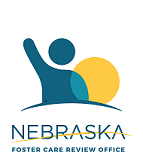Mission:
We make recommendations that result in meaningful change, great outcomes, and hopeful futures for children and families.
Vision:
Is for every child and family to flourish.
FCRO Publications
The Nebraska Foster Care Review Office (FCRO) independently tracks children and youth in out-of-home care, reviews their cases, collects and analyzes data related to the children and youth, and reports on these findings. Reports statistical data, and recommendations on conditions and outcomes, including any needed corrective actions.
Since 2012, per statute the FCRO is to issue at least three quarterly reports each year to the Legislature, stakeholders, and the public, and issue an annual report due September 1st of each year. Occasionally statute also requires the issuance of reports on specific topics. Those mandated reports, along with other pertinent reports are available for your review.
Annual and Quarterly Reports
2025
![]() December 2025 Quarterly Report
December 2025 Quarterly Report
2024
![]() December 2024 Quarterly Report
December 2024 Quarterly Report
2023
![]() December 2023 Quarterly Report
December 2023 Quarterly Report
2022
![]() December 2022 Quarterly Report
December 2022 Quarterly Report
2021
![]() December 2021 Quarterly Report
December 2021 Quarterly Report
2020
![]() December 2020 Quarterly Report
December 2020 Quarterly Report
2019
![]() 1st Quarter Report (March 2019)
1st Quarter Report (March 2019)
![]() 2nd Quarter Report (June 2019)
2nd Quarter Report (June 2019)
![]() 3rd Quarter Report (December 2019)
3rd Quarter Report (December 2019)
2018
![]() 3rd Quarter Report (December 2018)
3rd Quarter Report (December 2018)
2017
2016
2015
2014
2013
2012
2011
2010
![]() 2010 Annual Report Additional Statistics and Analysis
2010 Annual Report Additional Statistics and Analysis
2009
2008
2007
2006
2005
2004
2003
2002
2001
2000
1999
FCRO-UNO Special Report on Children Missing from Care
FCRO Out-of-Home Data Pilot Project Report
January 8, 2016
State Ward Permanency Pilot Report
March 24, 2015
LB905 (2014) created the State Ward Permanency Pilot as of July 1, 2014, providing $1,500,000 in general funds. The Project serves state wards who are eligible for services through the DHHS Division of Developmental Disabilities, but do not qualify for priority funding under the Developmental Disabilities Service Act. State wards receiving an enhanced level of care or otherwise assessed to have above-average habilitative needs are to be given priority to participate in the pilot. For a copy of the report, click above on the title of the report.





